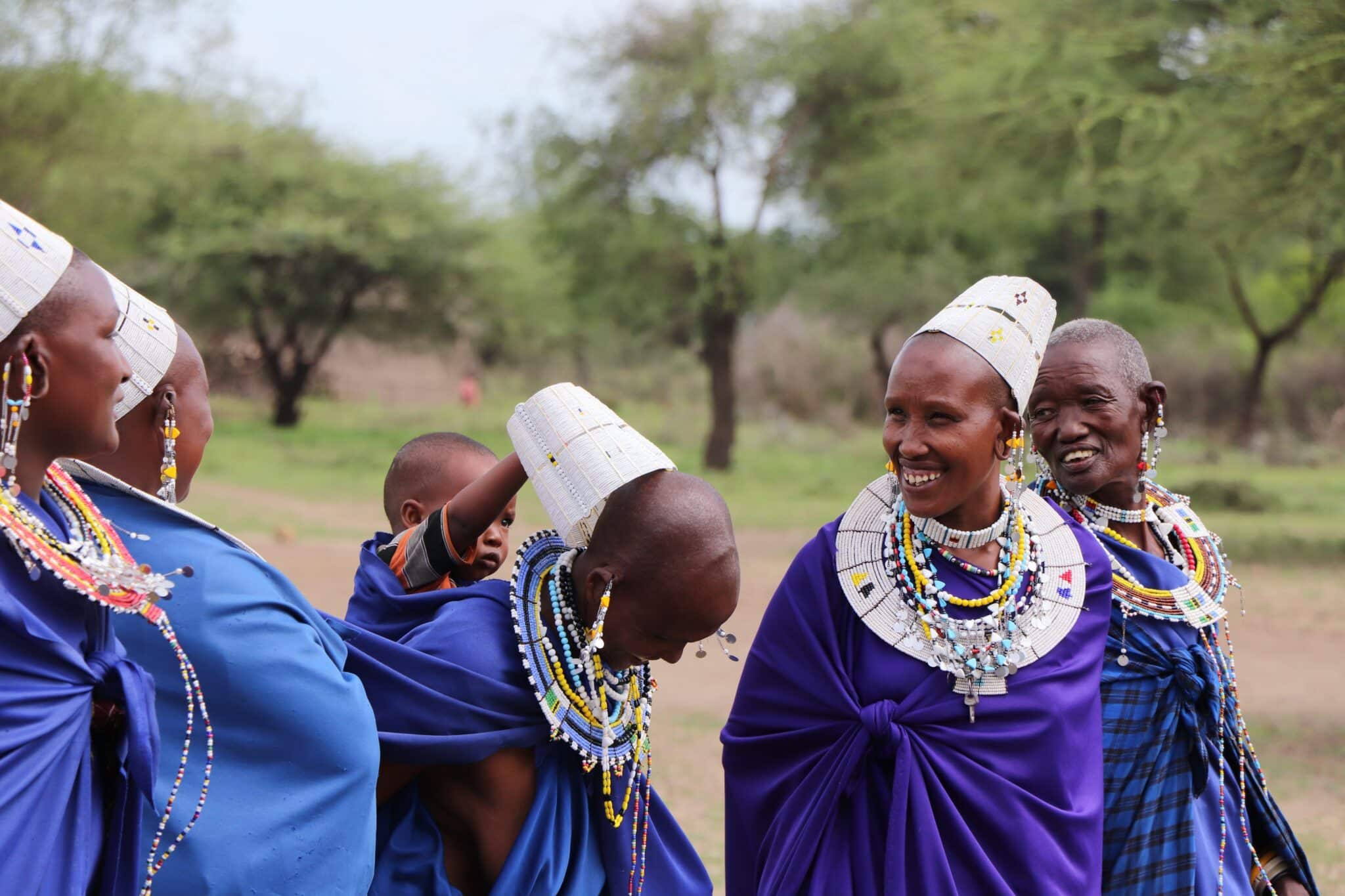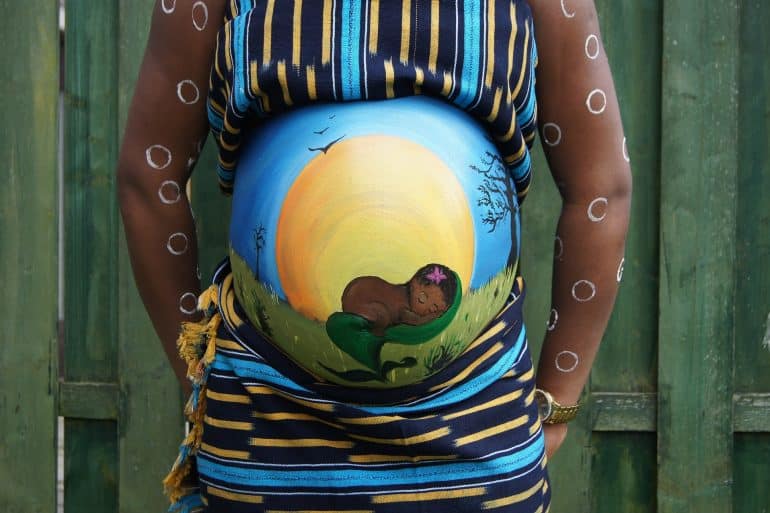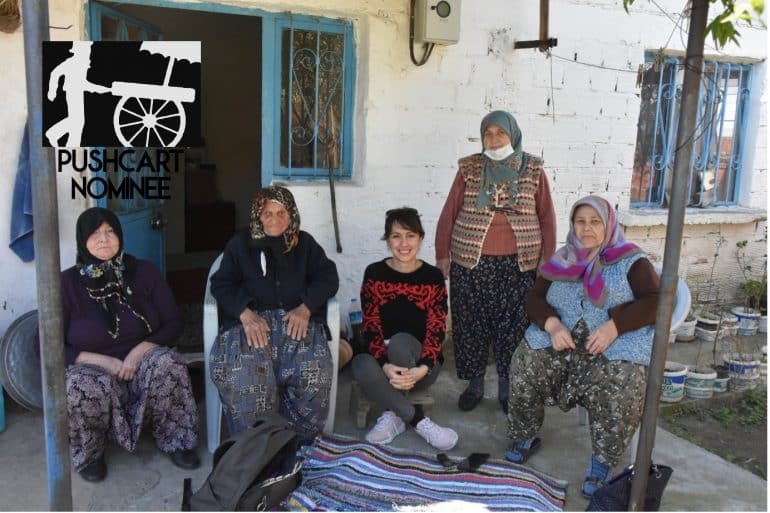Through all of the things that separate us, there is one universal experience that transcends all barriers: love.
The Ultimate Wave: Prose Poetry of the Pandemic and Parents Author’s Memo “The Wave” examines the problem of pleasure and...
In the autoethnographic "Spinach Lasagna", the narrator joins a family of southern Italians and learns that grieving is cultural.
Ethology is a highly fictionalized ethnographic account of my travels around Tanzania, East Africa during my teens.
"This autoethnographic poetry is born of my personal experience, witness, as well as currently chronicled and ancestral lore."
Dilek Isler Hayirli·
All ContentAutoethnographic Art & MultimediaEducationFrom the EditorsMoreReflections on MethodVolume 2, Issue 3 (2022)
··13 min read"I had not been aware that this emotional research was also performing autoethnography, collecting memories from the field"
"I wrote Asha’s story to give voice to all the women in rural Bangladesh who cannot speak out against their abusers or society."
"I write at length about my experiences surviving rape and abuse as a Western woman in Japan. I was lucky to get out alive."
"This autoethnographic essay explores in a (hopefully) creative way ideas about social class in relation to my own negotiations of identity and upbringing in eastern Sydney, Australia."
"Ami Tau Ami (I Am Who I Am), is a story about a mother letting go of her own dreams but passing it to her daughter, as my mother did for me."
Autoethnographic Literary Nonfiction: I Just Want to Go Home – Moving, Loss and Unacknowledged Grief
"Moving away from a beloved home at a tender age was traumatizing, in part, because that home was the only place in which I felt safe."
"My stories are meant to give women from Bangladesh a chance to show their strength and resilience. It is a way for me to try to connect with the rest of the world despite the differences in language and culture."














